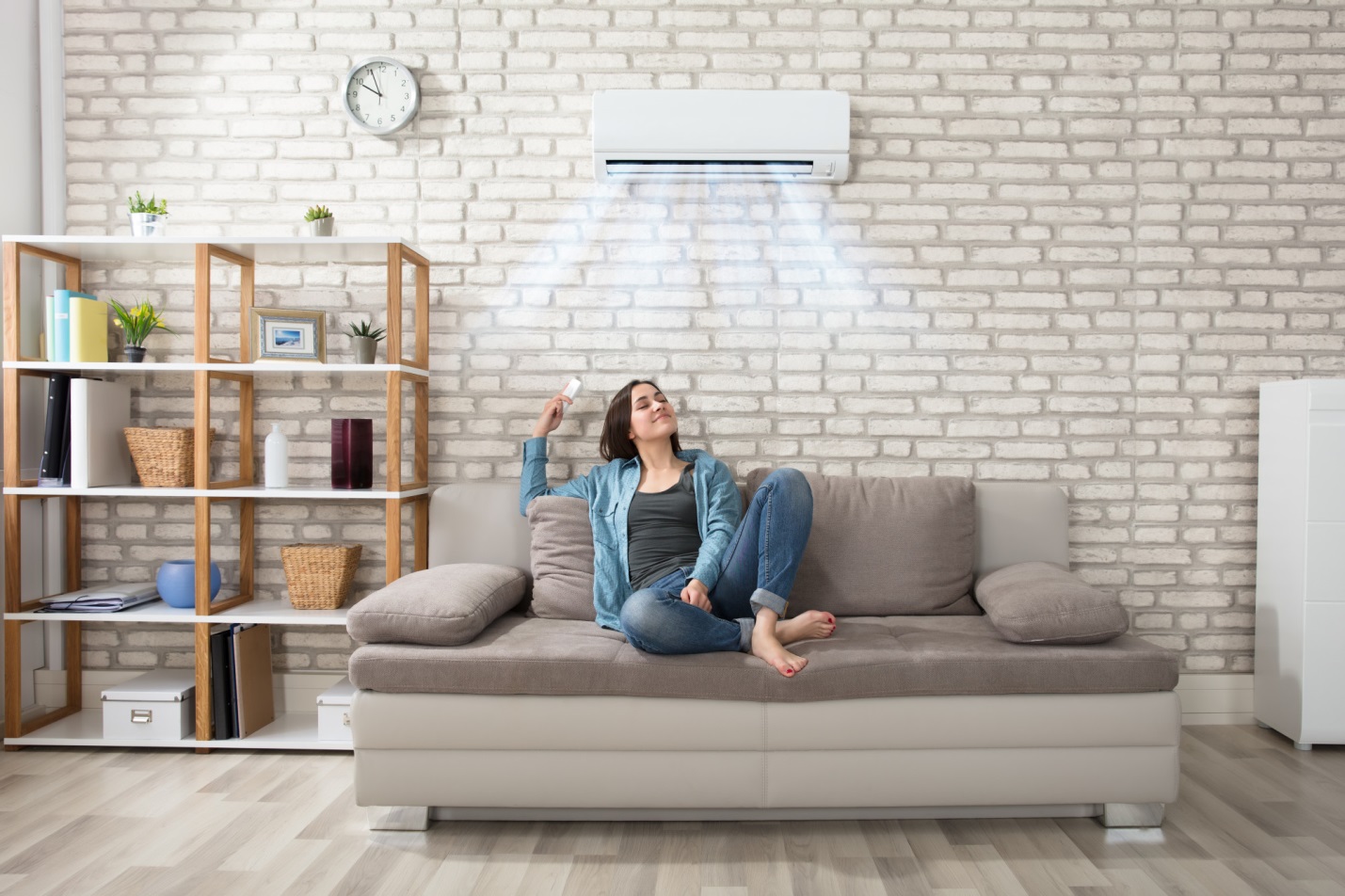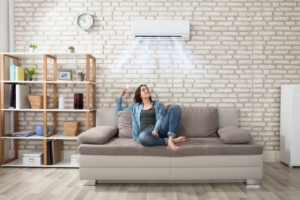We may not reach Phoenix’s all-time record high of 122 on June 26, 1990 but the forecast highs in upper teens are too close for comfort. That’s why the experts at family-owned Donley AC & Plumbing want to help consumers maximize their AC efficiency. According to the U.S. Department of Energy (DOE), homeowners spend $29 billion a year to cool their homes. Here are some ways to save money and energy:
READ ALSO: Arizona’s first excessive heat watch of 2021 issued
Protect your home from heat
1. Install shade screens and close drapes.
During the summer, the DOE estimates 76% of sunlight that falls on standard double-pane windows enters to become heat. The amount of energy savings will depend on the type and size of shade or screen.
2. Seal leaks and cracks
The DOE says the average homeowner can save 10-20% annually on cooling and heating costs by sealing air leaksaround windows and doors.
3. Protect your air conditioner
Make sure the area is free of leaves, weeds and debris.
Use AC efficiently
1. The fastest, easiest way to save money is the clean the air filter every month.
2. Move the lamps. Thermostats can pick up the heat from lamps, TV’s and appliances.
3. Set it and forget it . You won’t conserve energy by constantly changing the thermostat. Set it at the highest comfortable level and leave it. For every degree you set your thermostat above 80, you can save about 2- 3% on cooling costs. Or, try a programmable thermostat that will automatically adjust for times you are away and sleeping. Note: Keep your set back point 4 degrees or less when setting a programmable thermostat.
4. Use ceiling fans. The DOE says ceiling fans can allow you to raise the thermostat setting about 4 degrees without impacting comfort. During the summer, the fan should operate in a counterclockwise direction to create a wind chill effect. Remember, turn off fans when you leave-fans cool people, not rooms.
5. Leave vents open. Closing air vents can create a pressure imbalance and reduce cooling effectiveness.
6. Time your chores. Your AC will work harder when there’s moisture in the air so try to take showers, run the dishwasher and clothes washer early in the morning or after dark.
7. Get your AC checked by a certified technician annually. Although the Environmental Protection Agency says the average air conditioner lasts 15 to 20 years, in Arizona we generally experience a shorter life span – closer to 12-15 years. While it may seem like a pretty wide span, we know that properly maintained units that are checked annually by qualified technicians last the longest and run the most efficiently during our triple digits.




